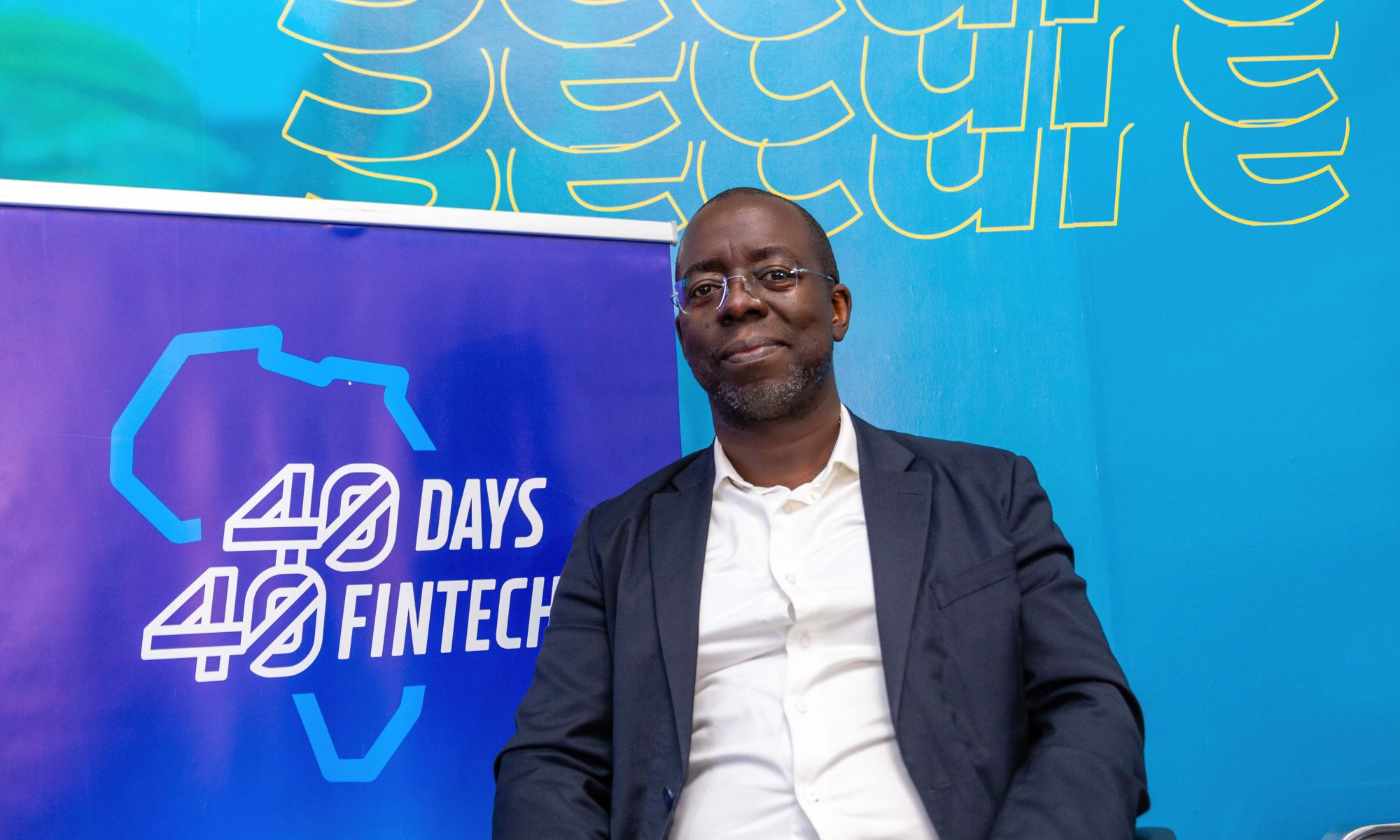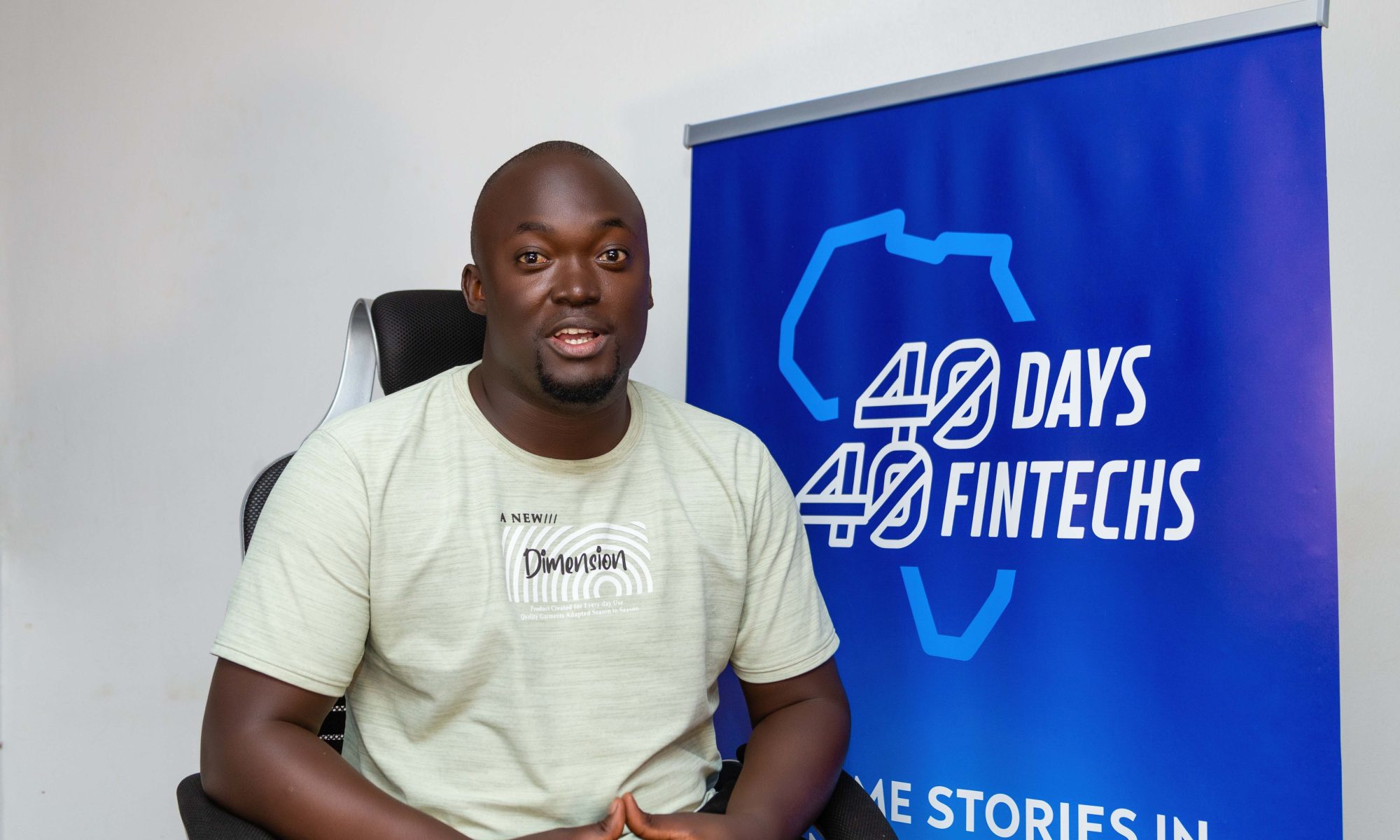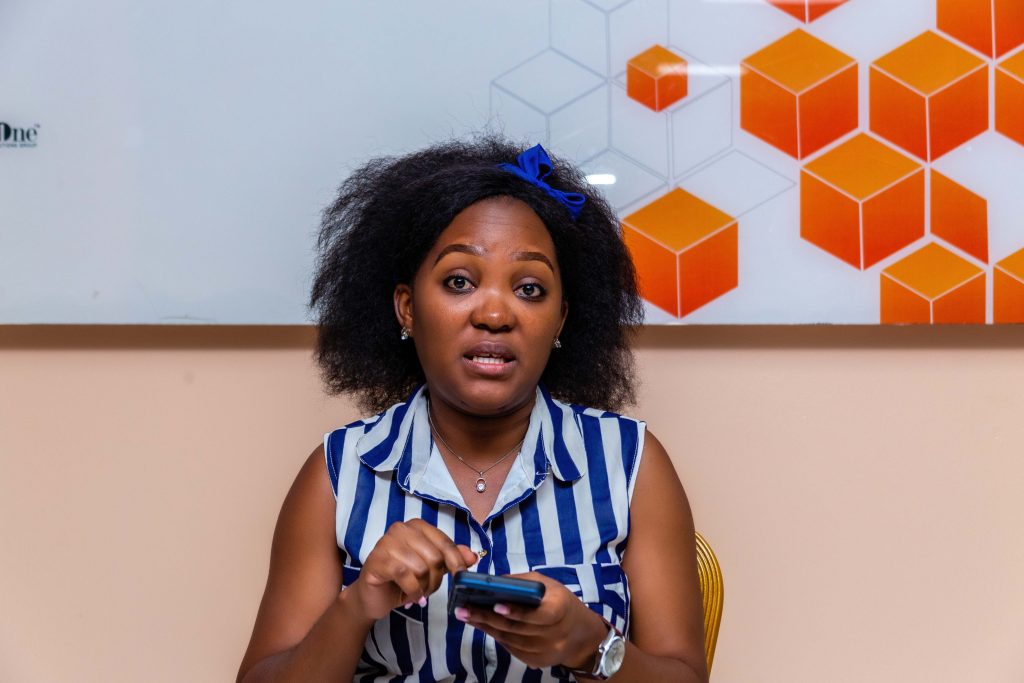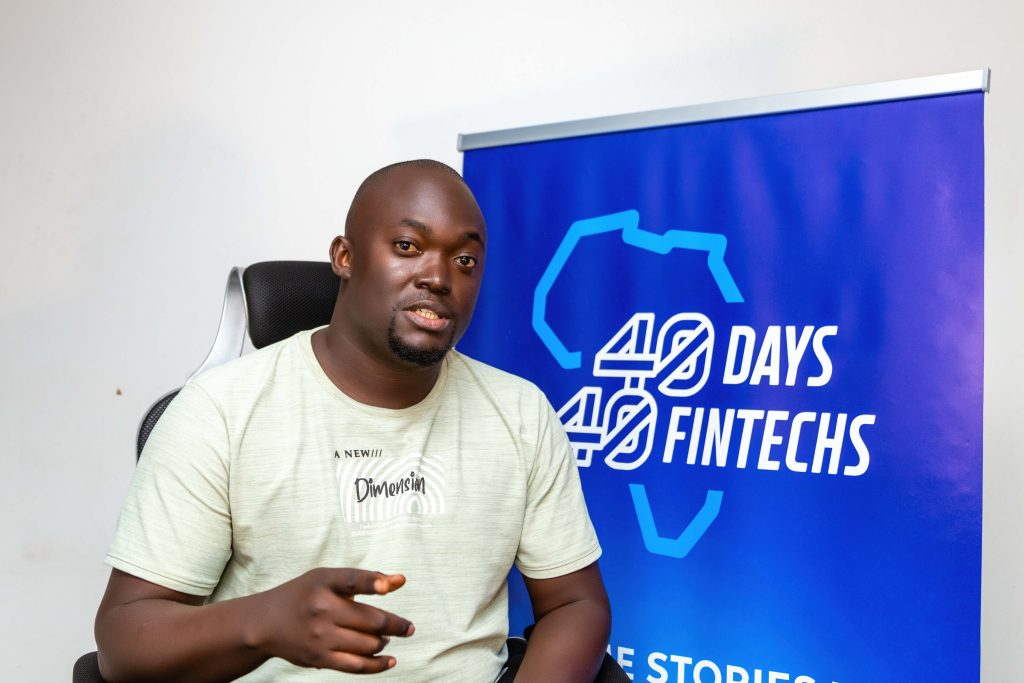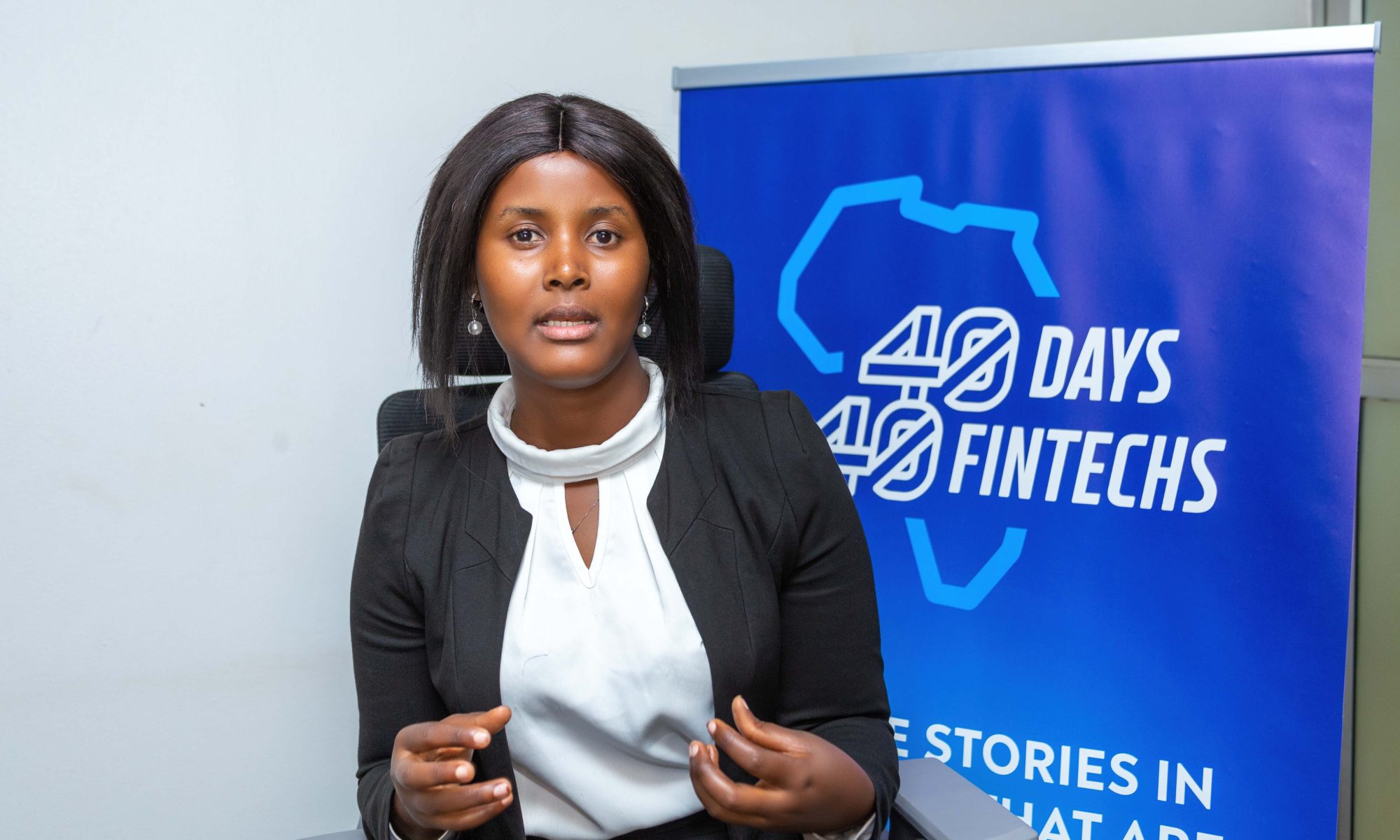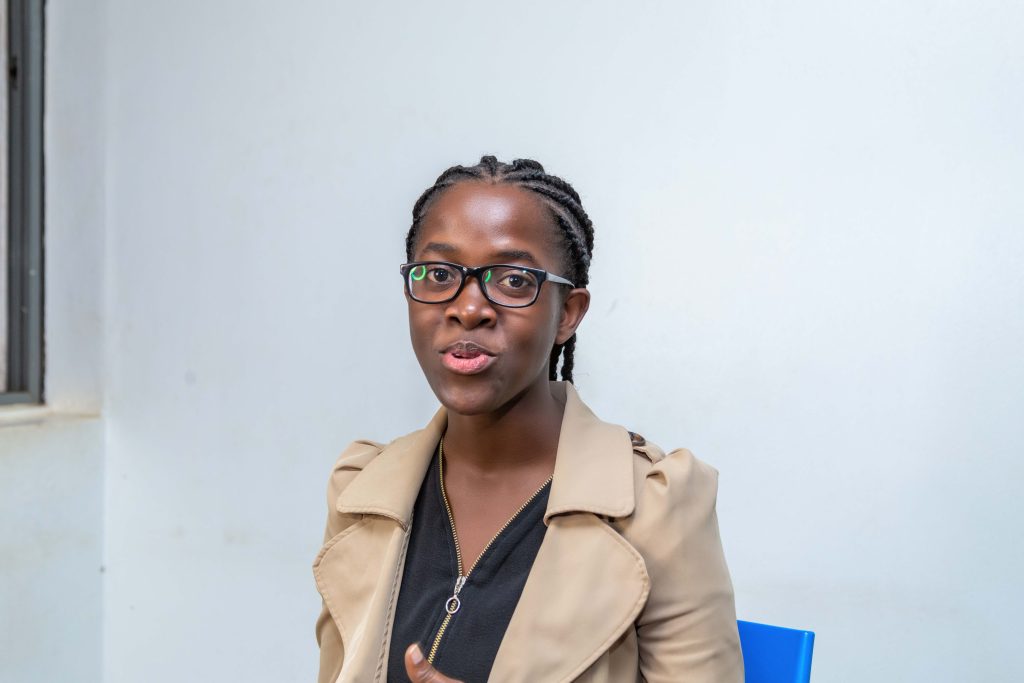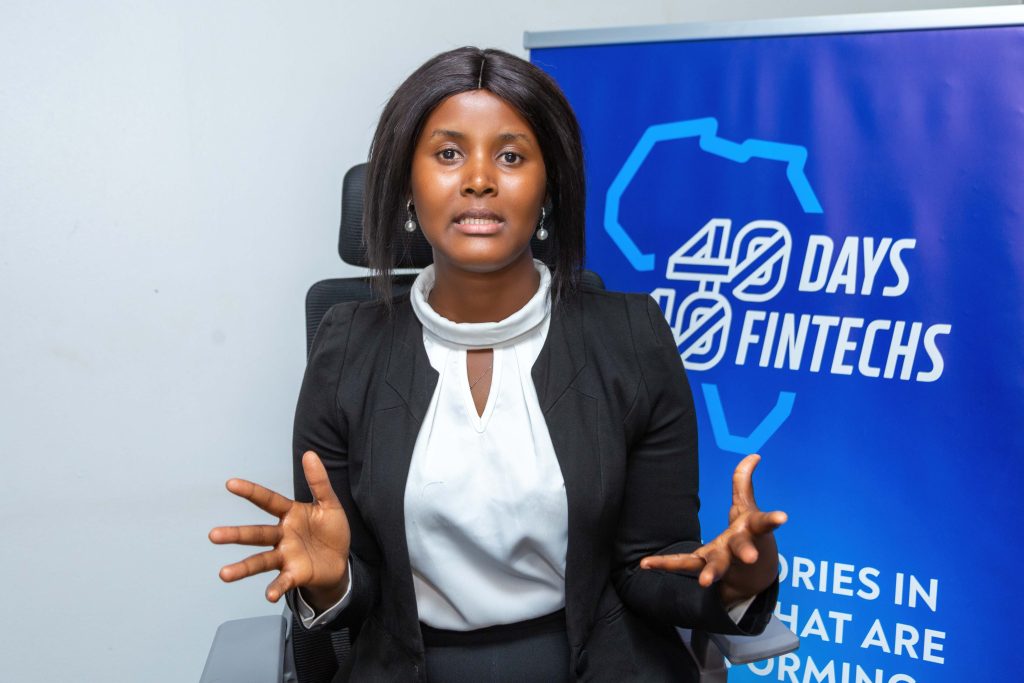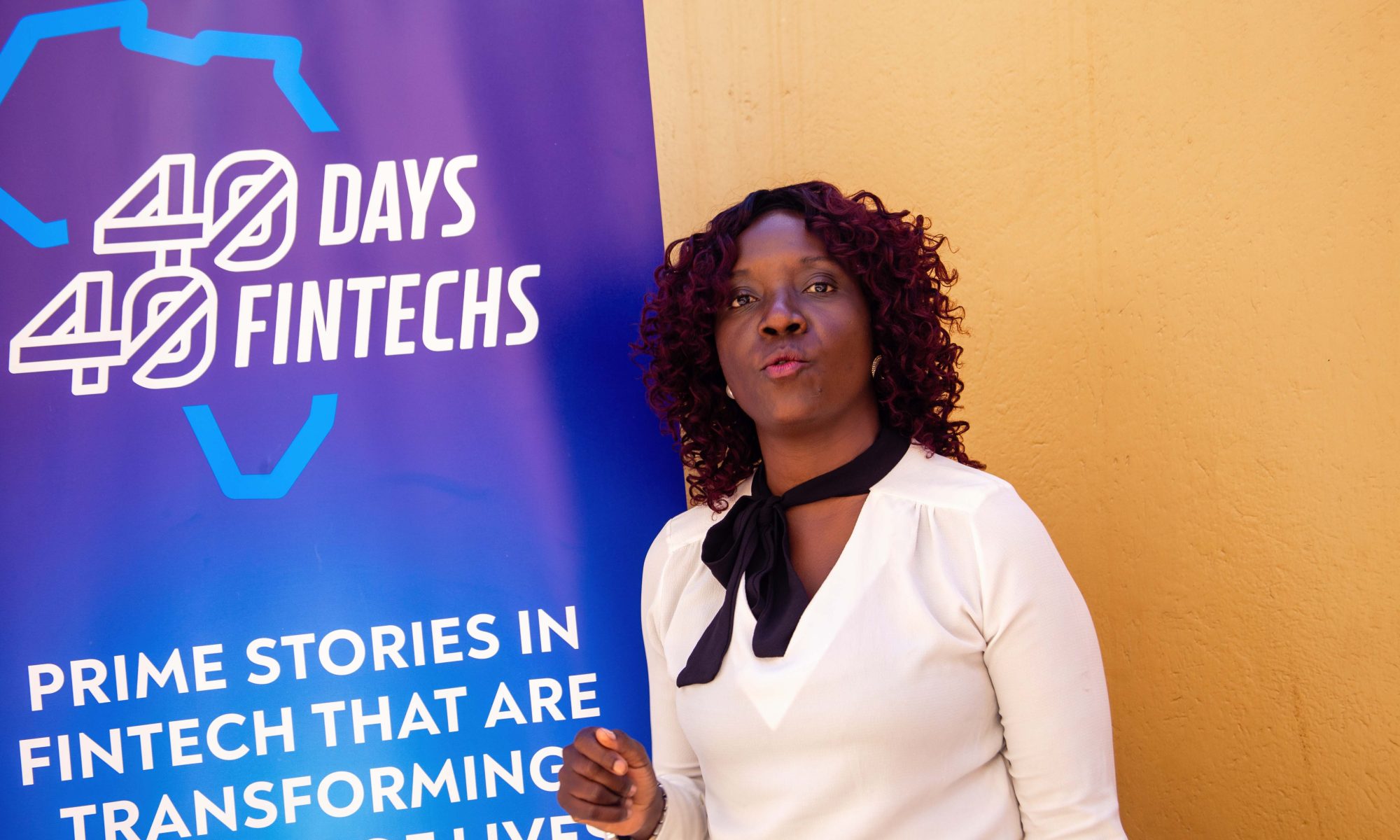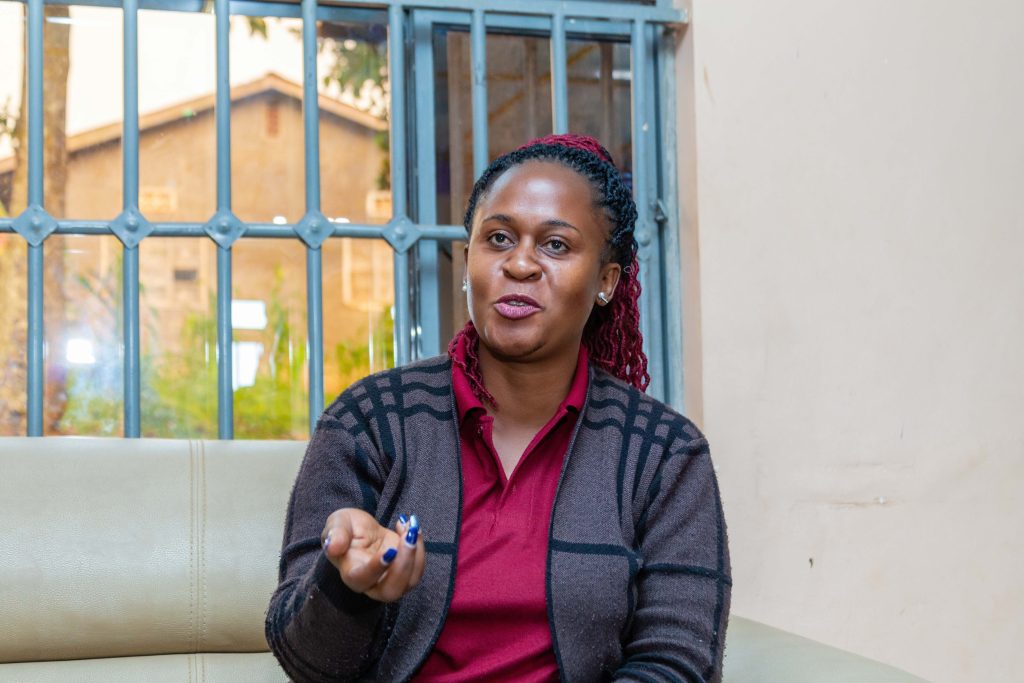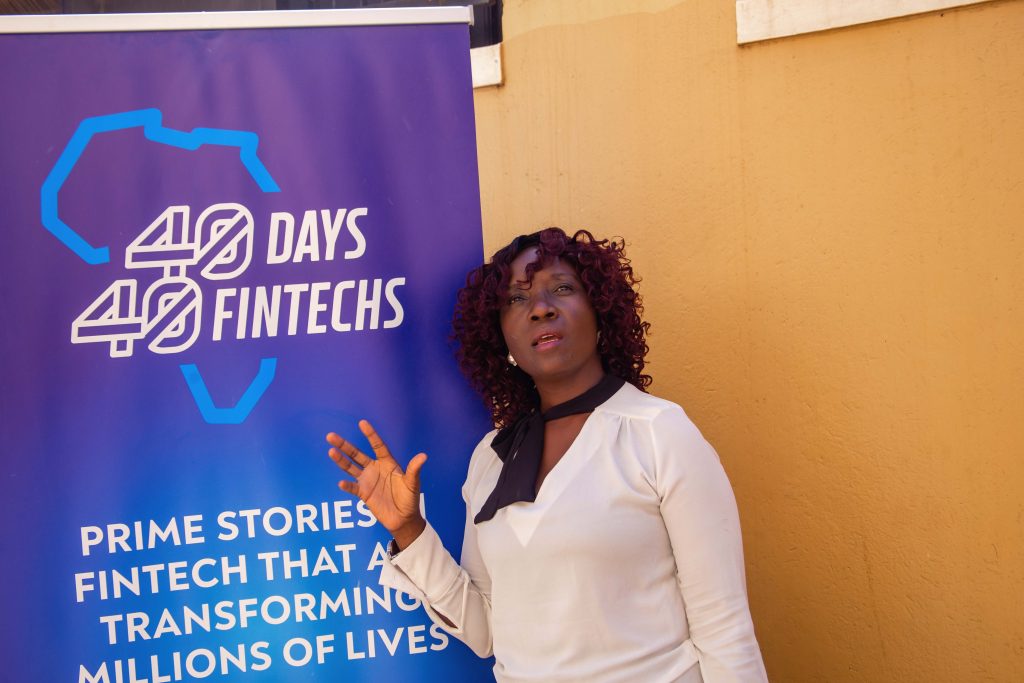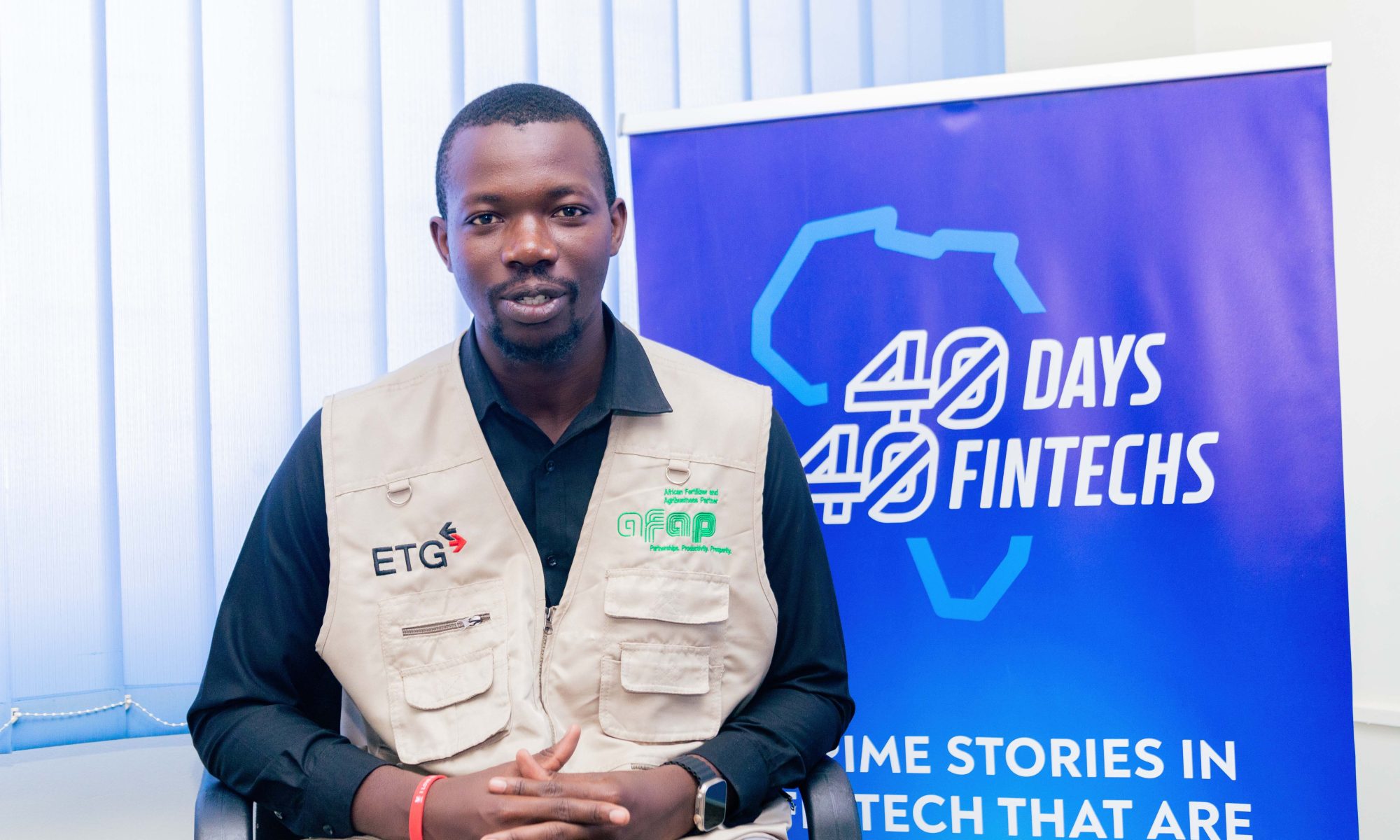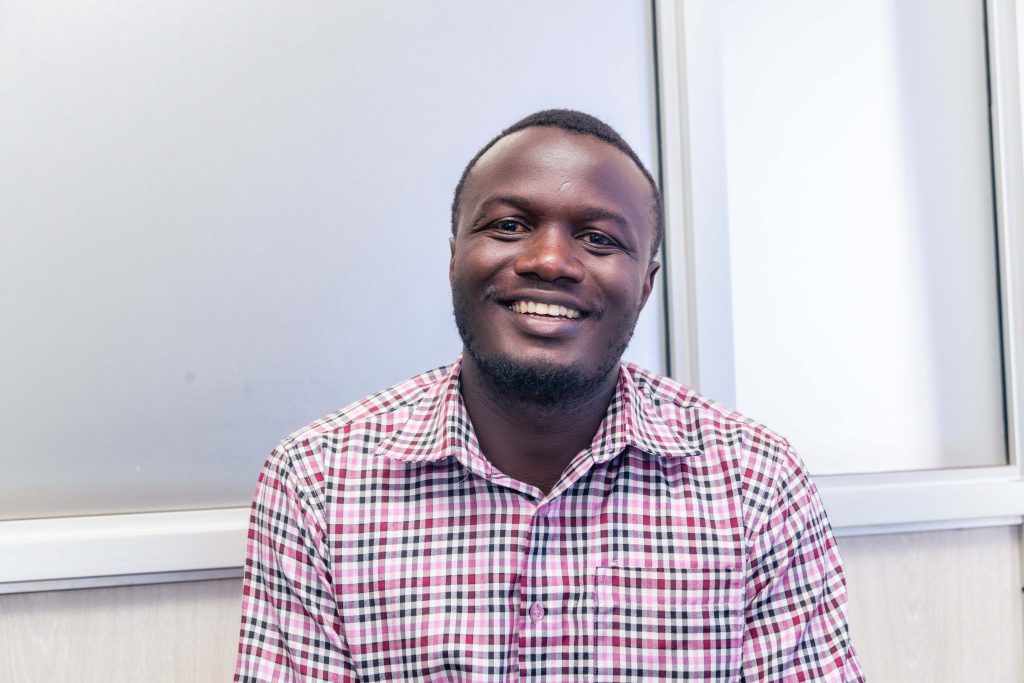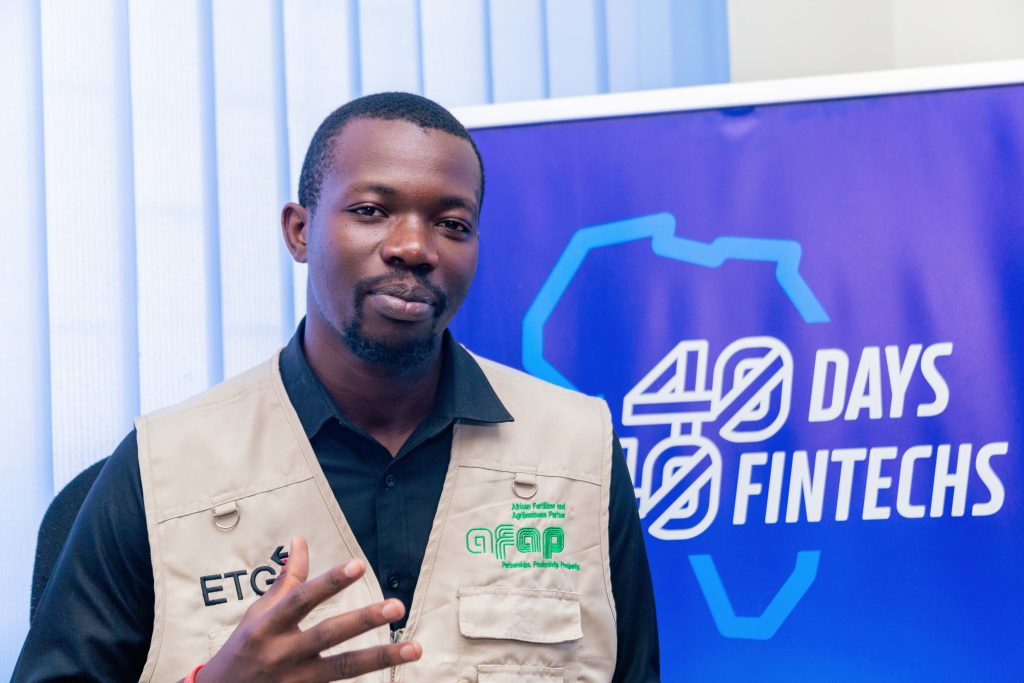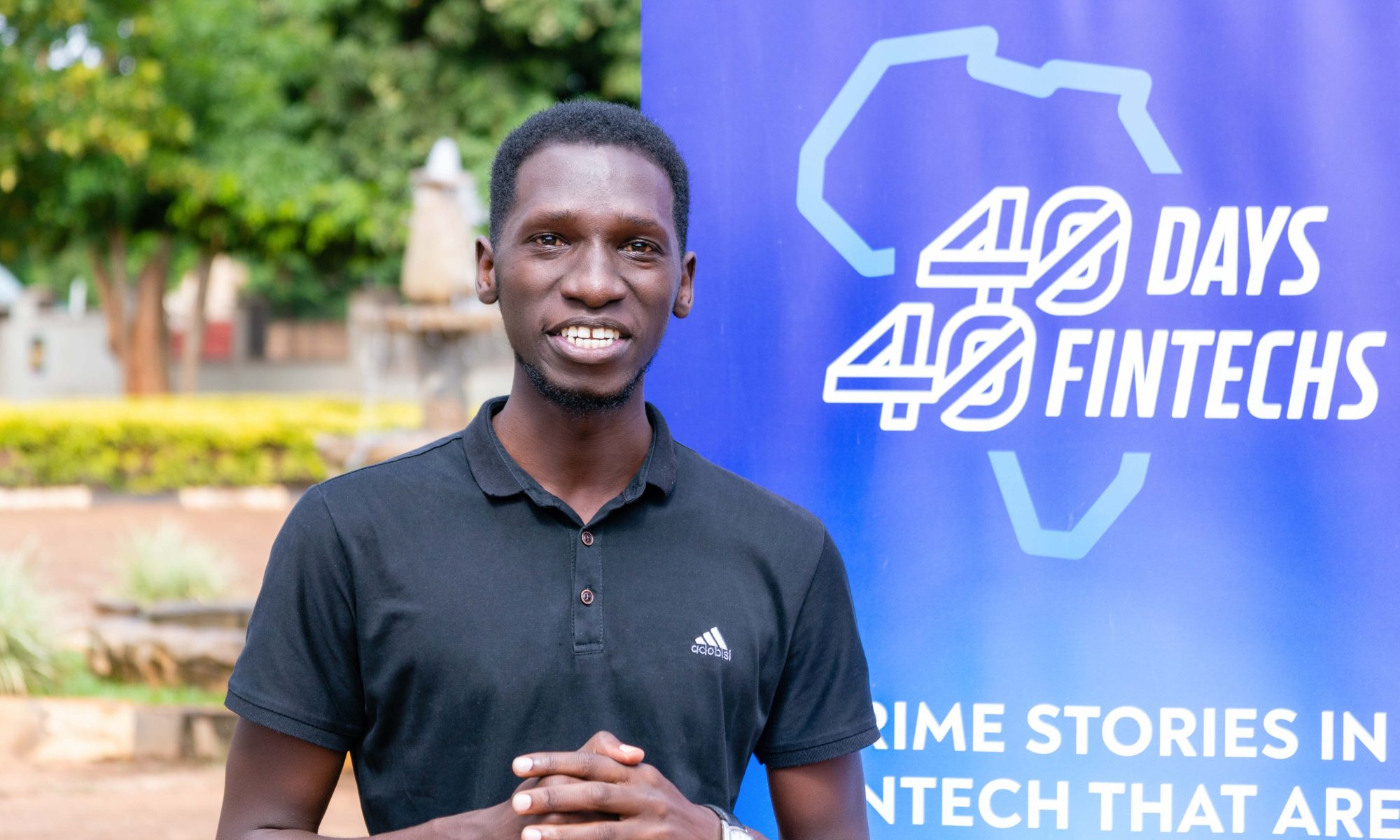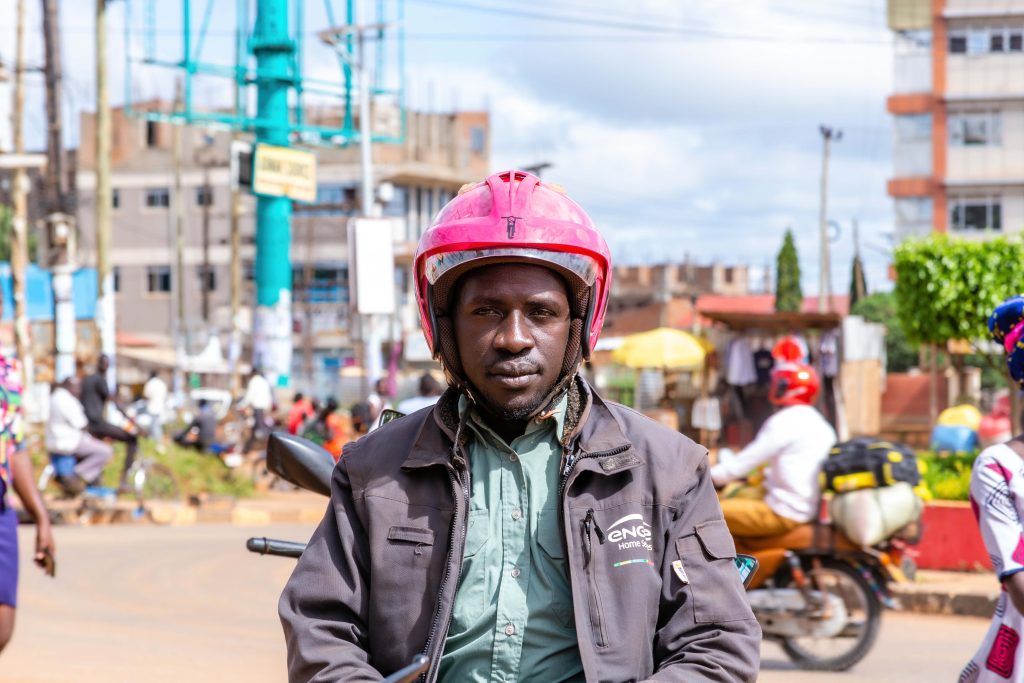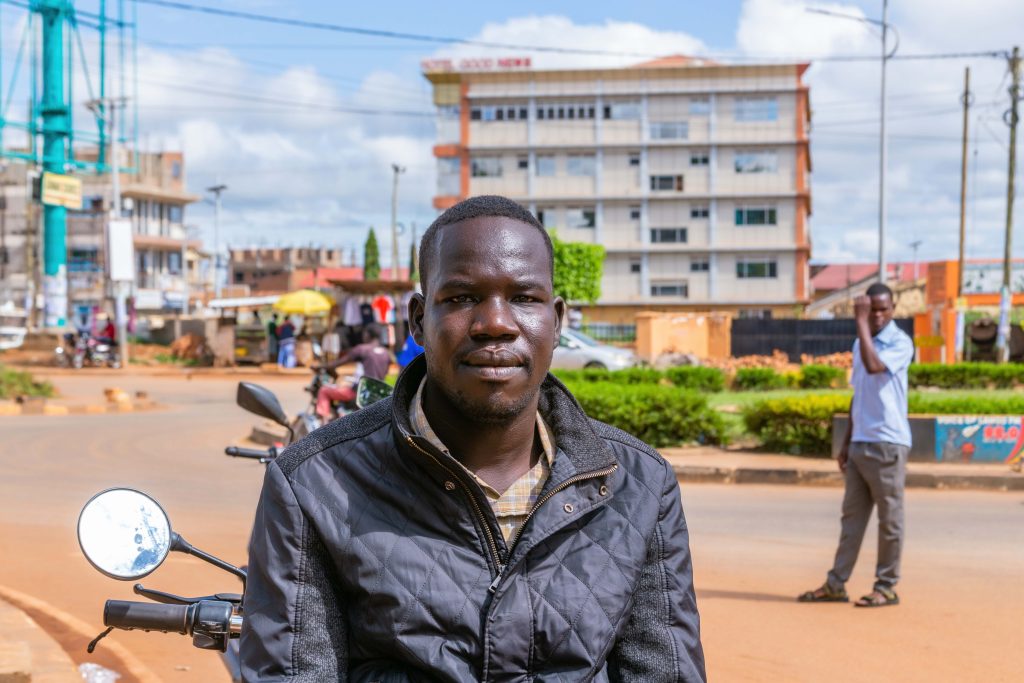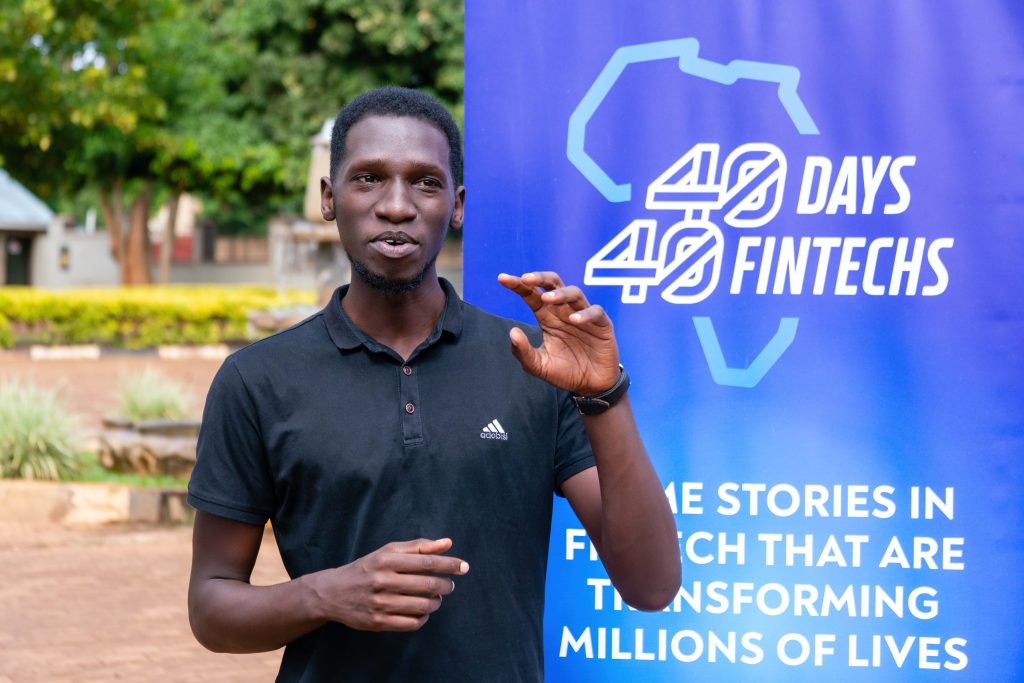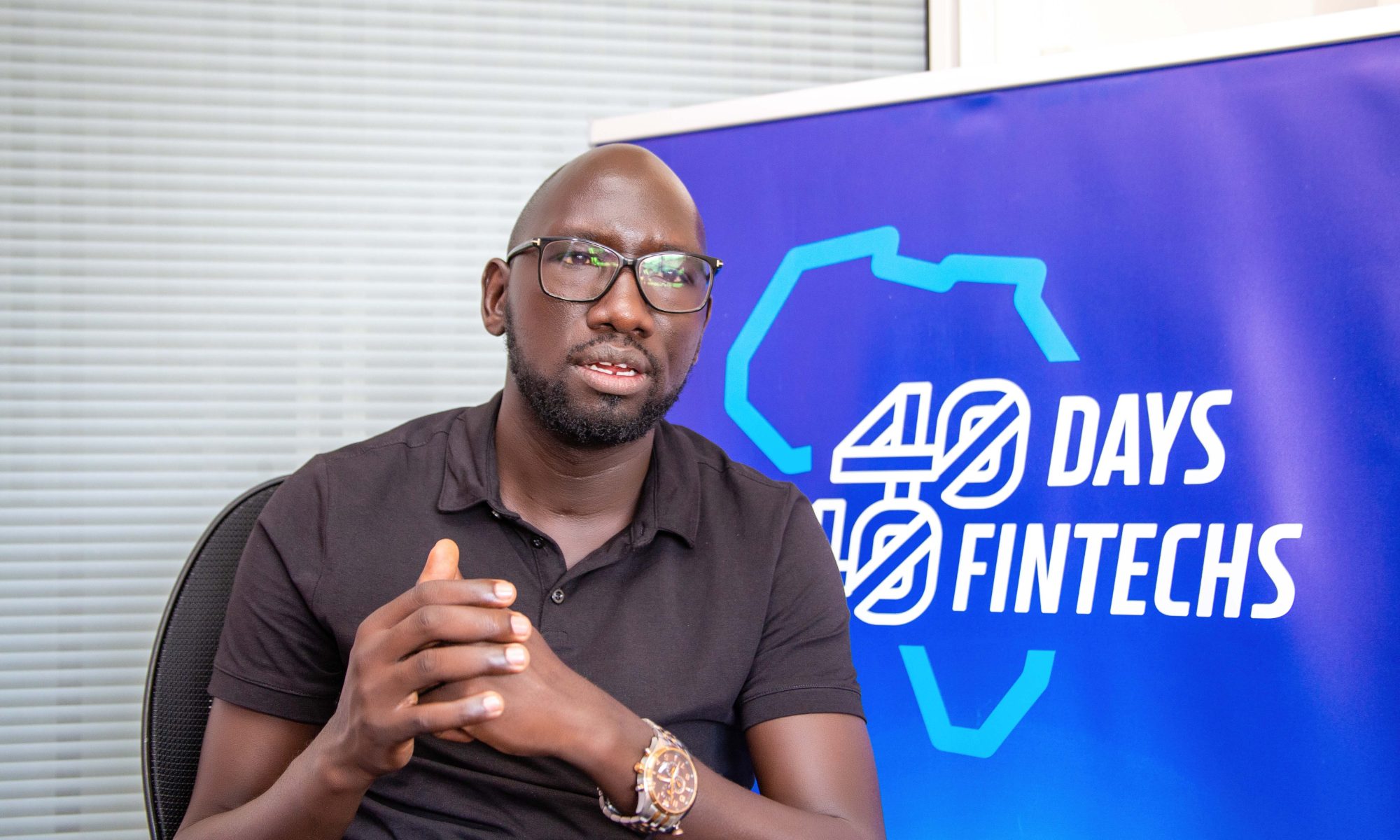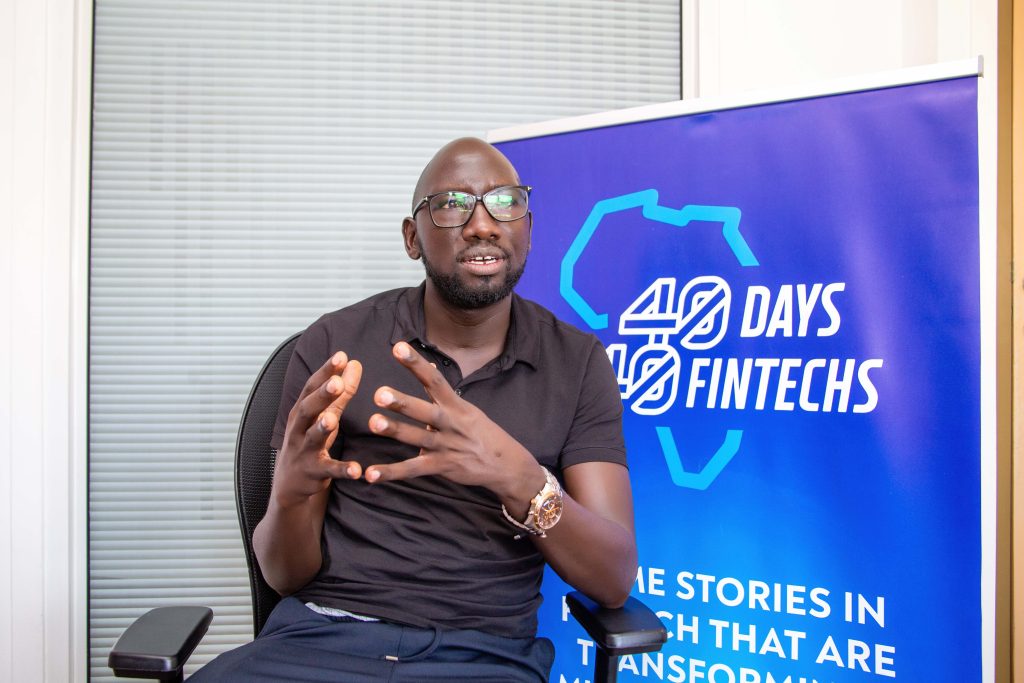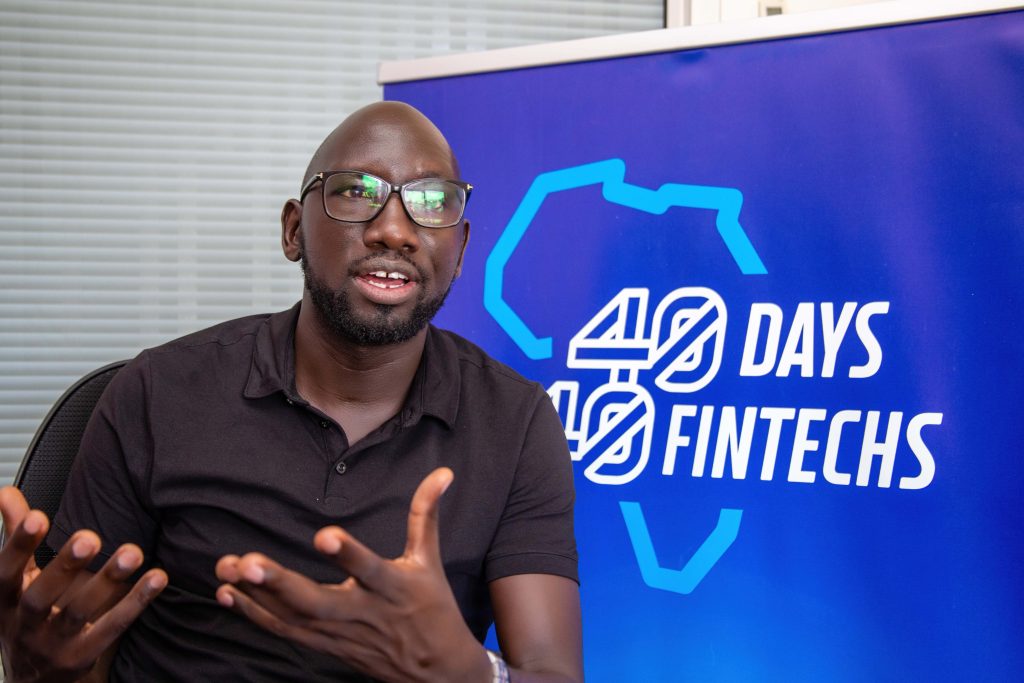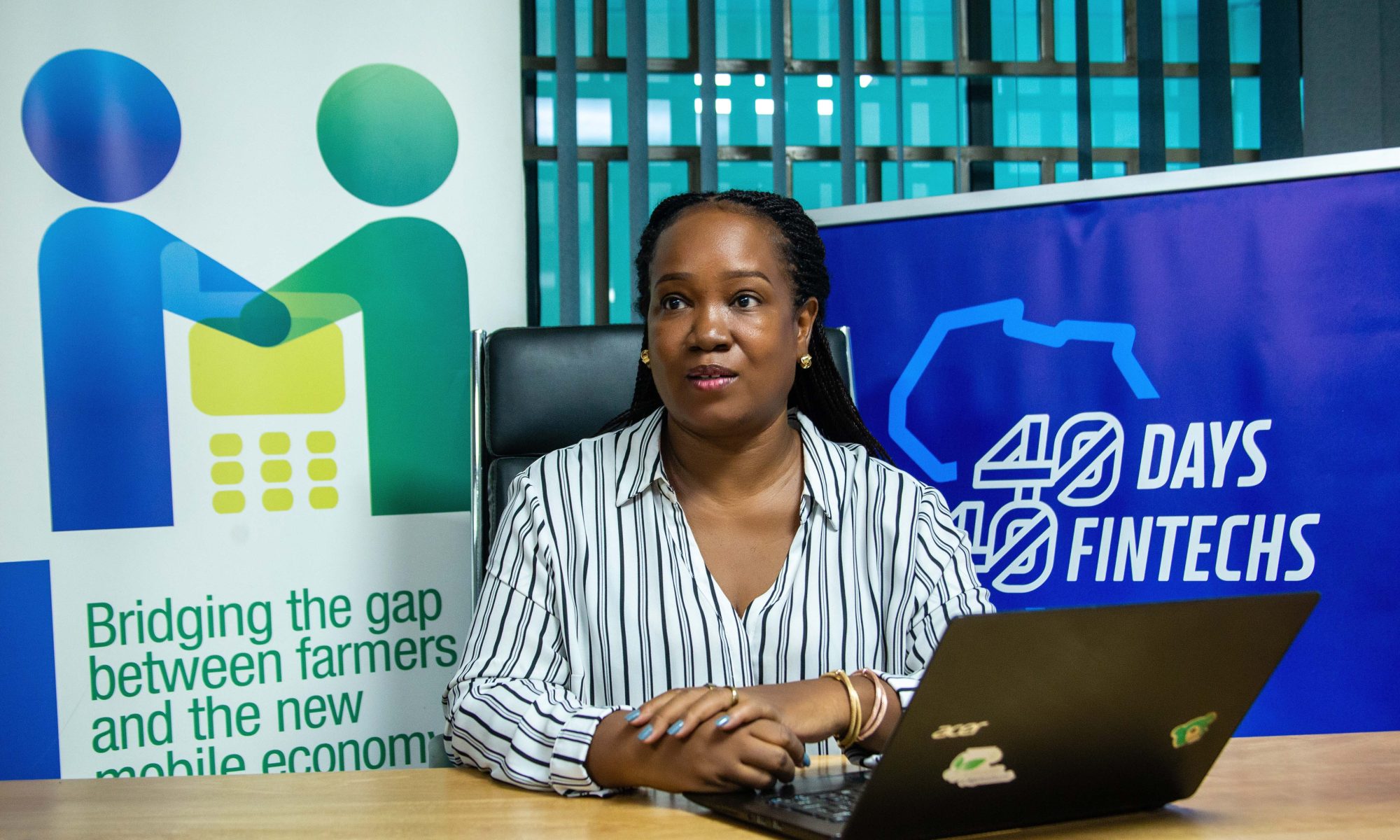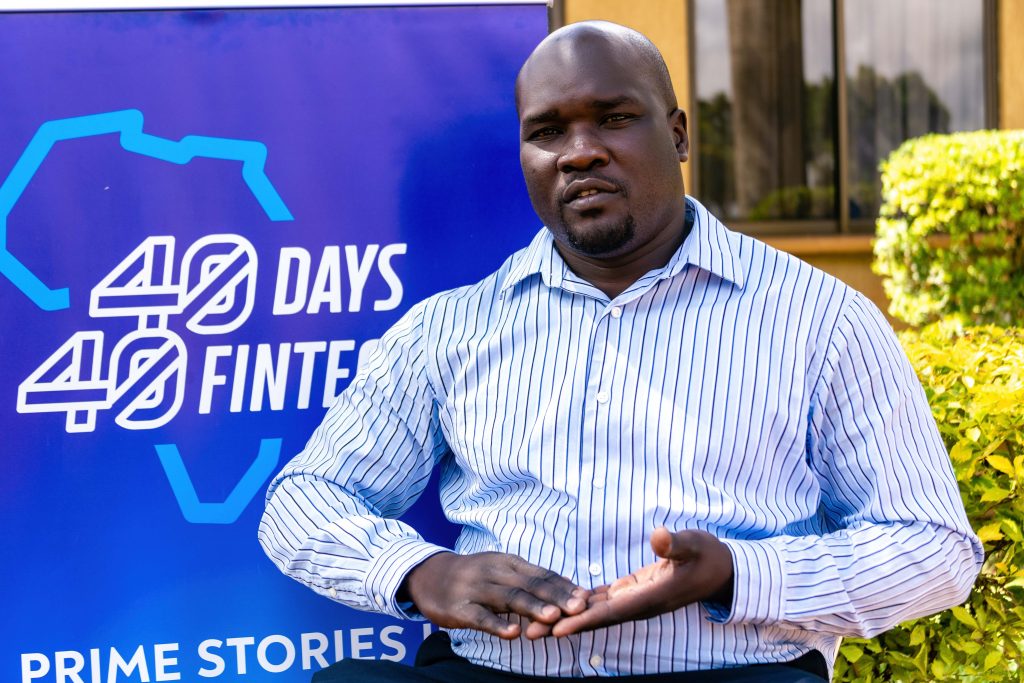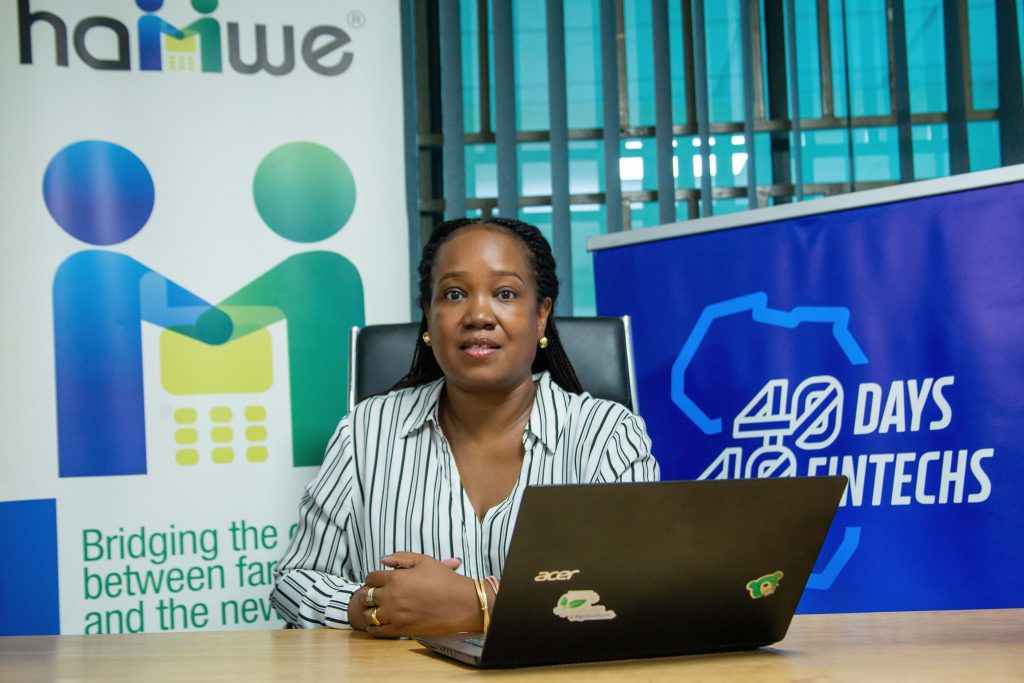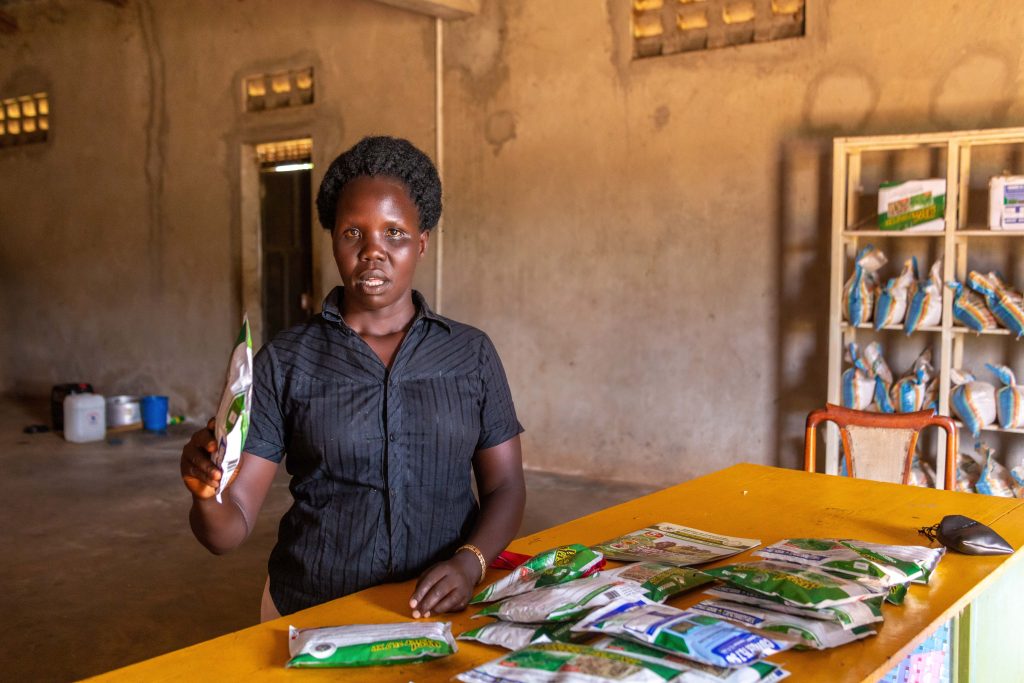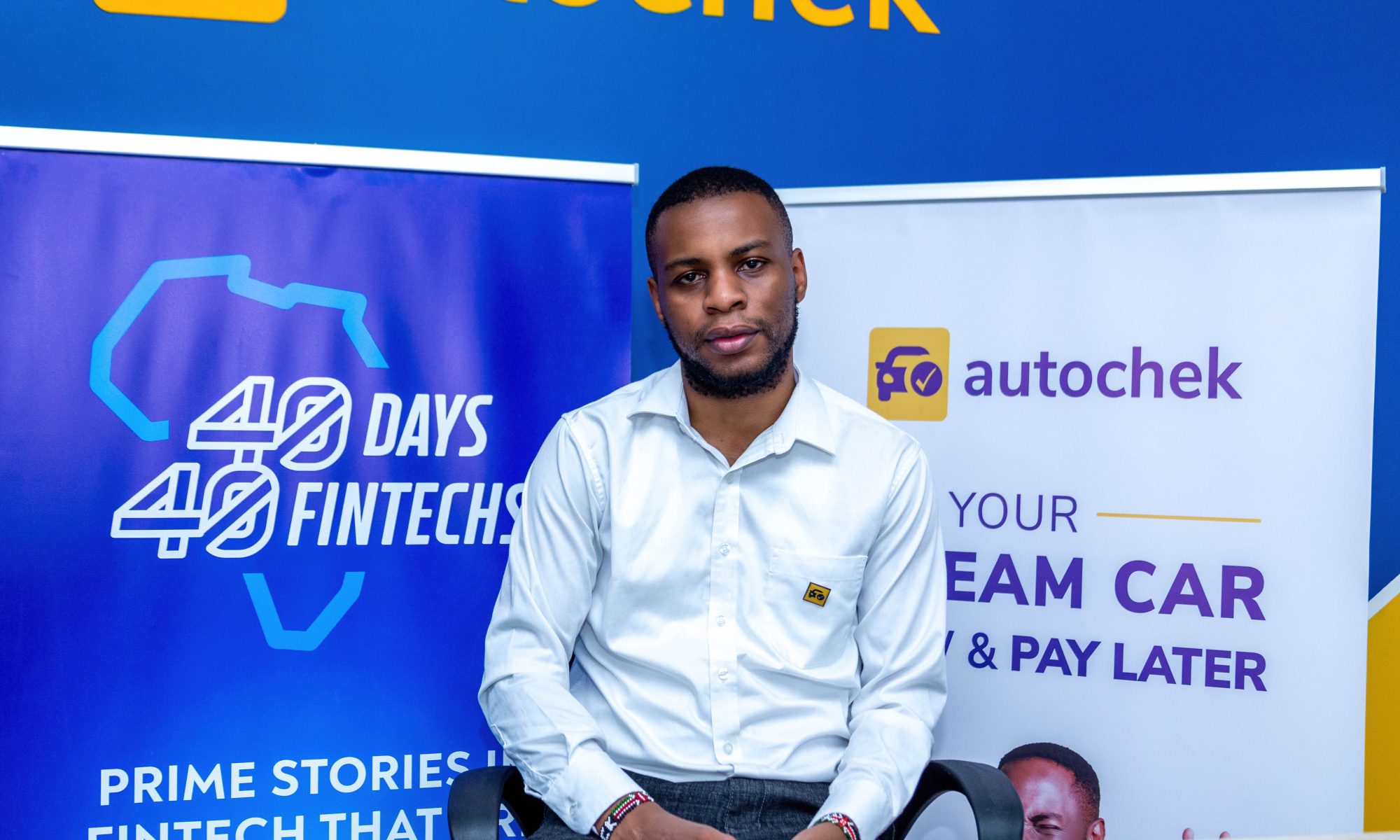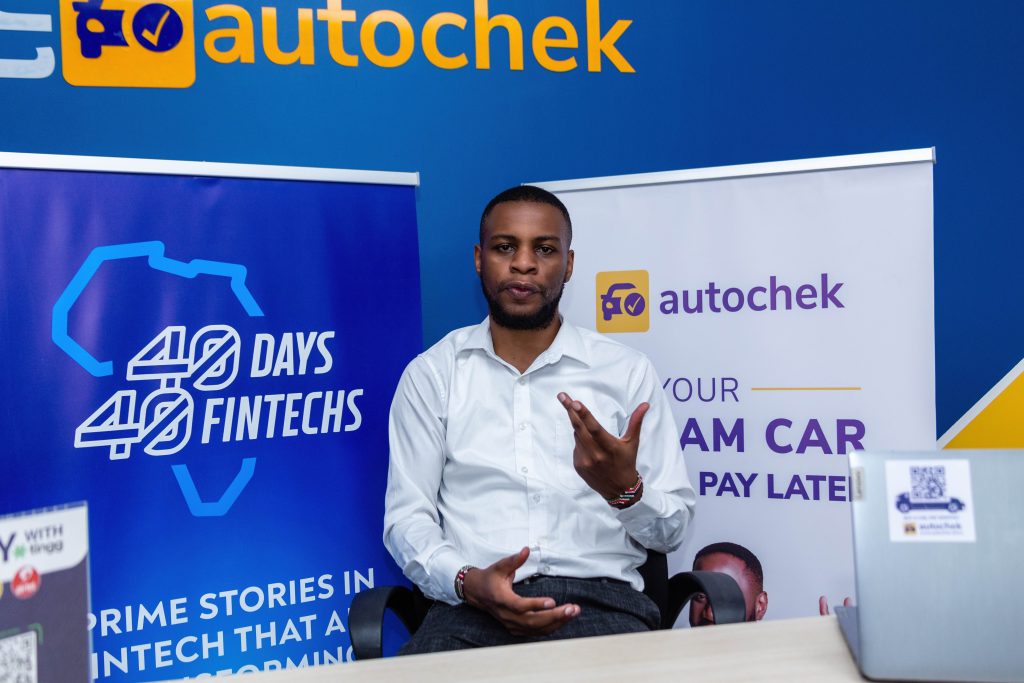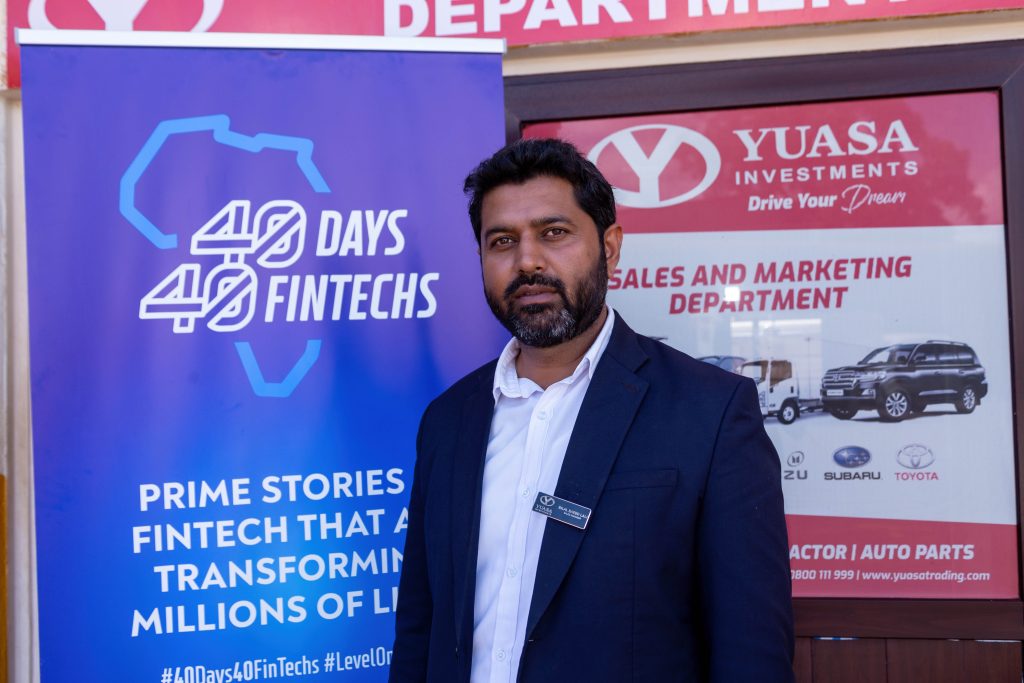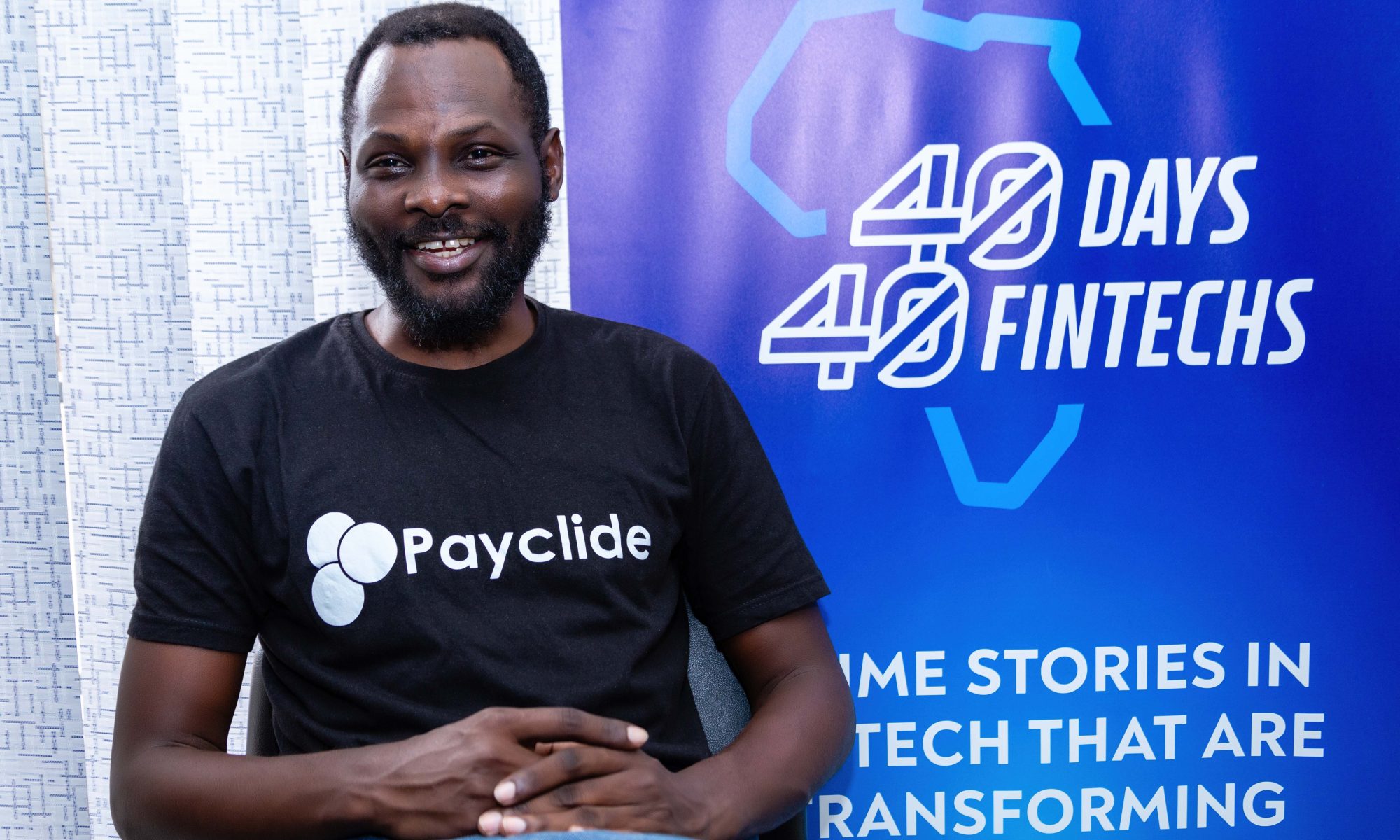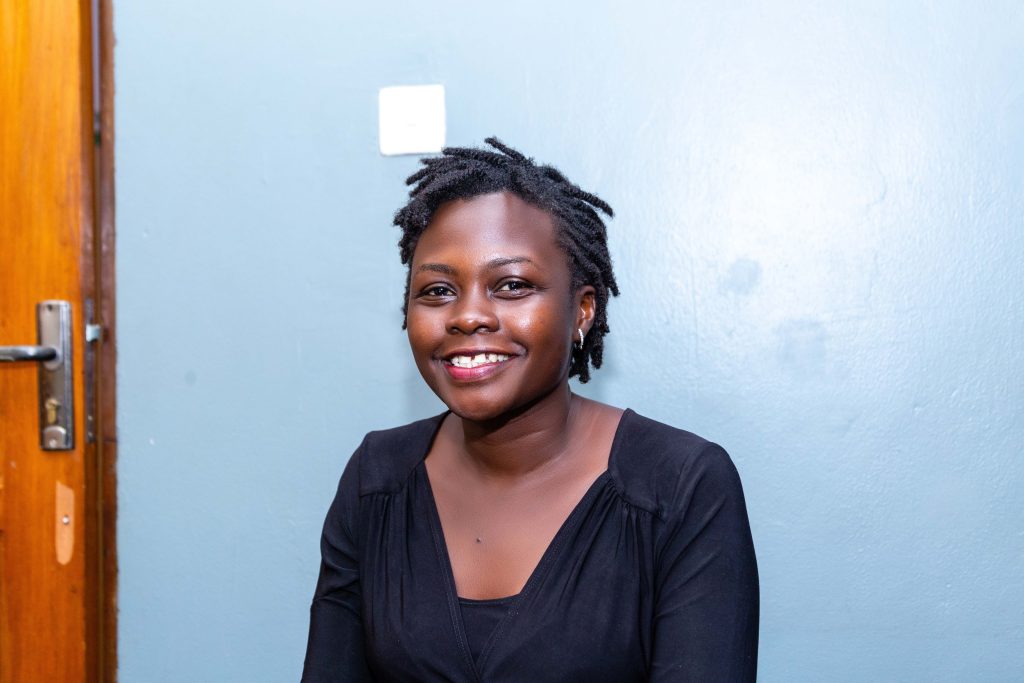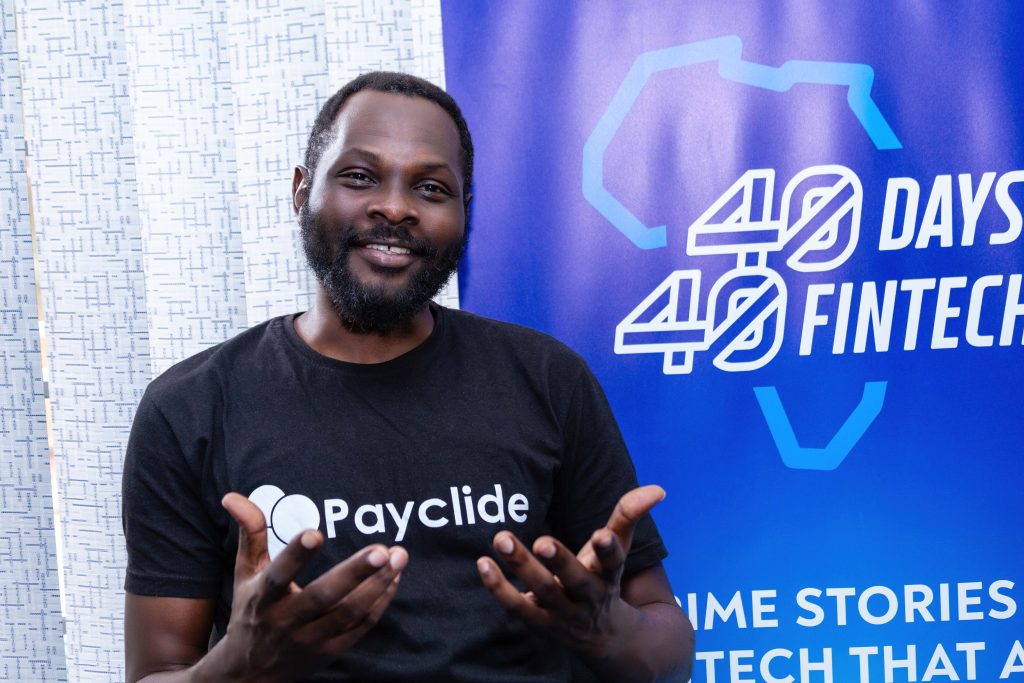Since MTN Uganda launched mobile money some 14 years ago, the money transfer and financial technology landscape in Uganda was forever revolutionized.
The convenience, timeliness, and robustness that come with mobile money have seen millions of Uganda’s unbanked population use this service at least once every year. Imagine the idea of sending money from Kampala to someone in Lira and they receive it within five seconds!
However, it is MTN’s most recent innovation called MoMoPay that has received more reviews because of its transformative effect of Mobile Money from a channel of sending and receiving money to a mode of payment between sellers and buyers.
For instance, Joshua Ainomugisha, who works as a Dispenser at WellCity Pharmacy and Medical Center in Kyanja, Kampala, notes that with MoMoPay, businesses have been saved the hustle that comes with cash transactions such as looking for change. With MoMoPay, clients promptly pay the exact amounts from their mobile wallets onto the business’ wallet.
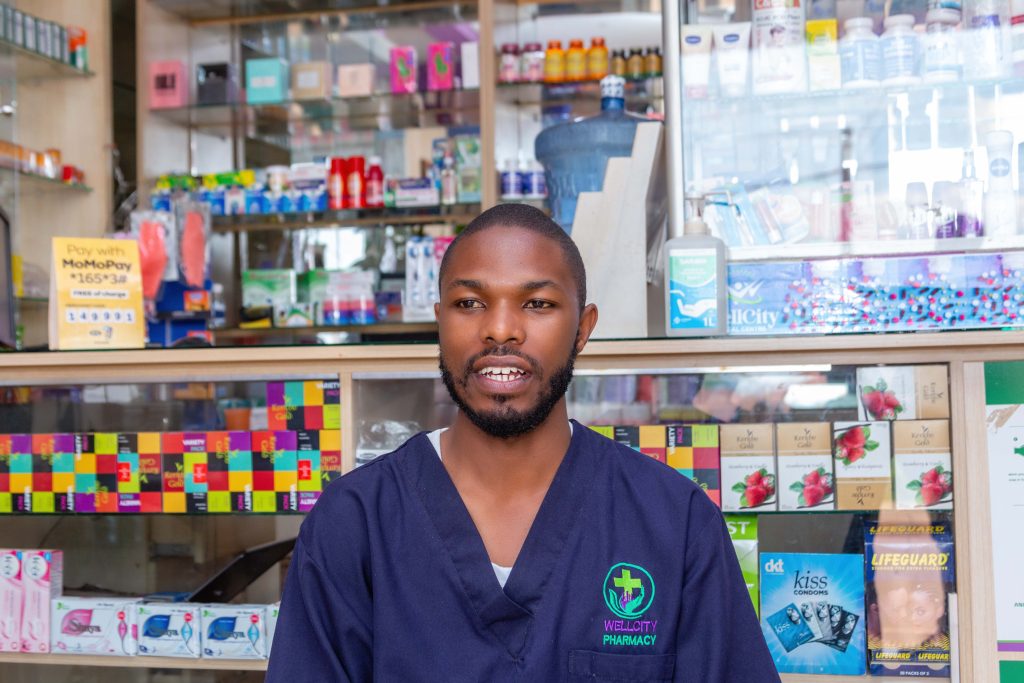
“MoMoPay has also helped us to get rid of fake notes and makes bookkeeping very easy because we are no longer talking about shortages as all payments are on our MoMo line,” he says.
Further, Julian Atugonza, a Chef at Food Shack, also in Kyanja, Kampala notes that customers are very happy with MoMoPay as it saves time for all parties involved in the transaction.
“It quickens our work because as they are paying through MoMo, we are also finalizing the dish they have ordered,” she says.
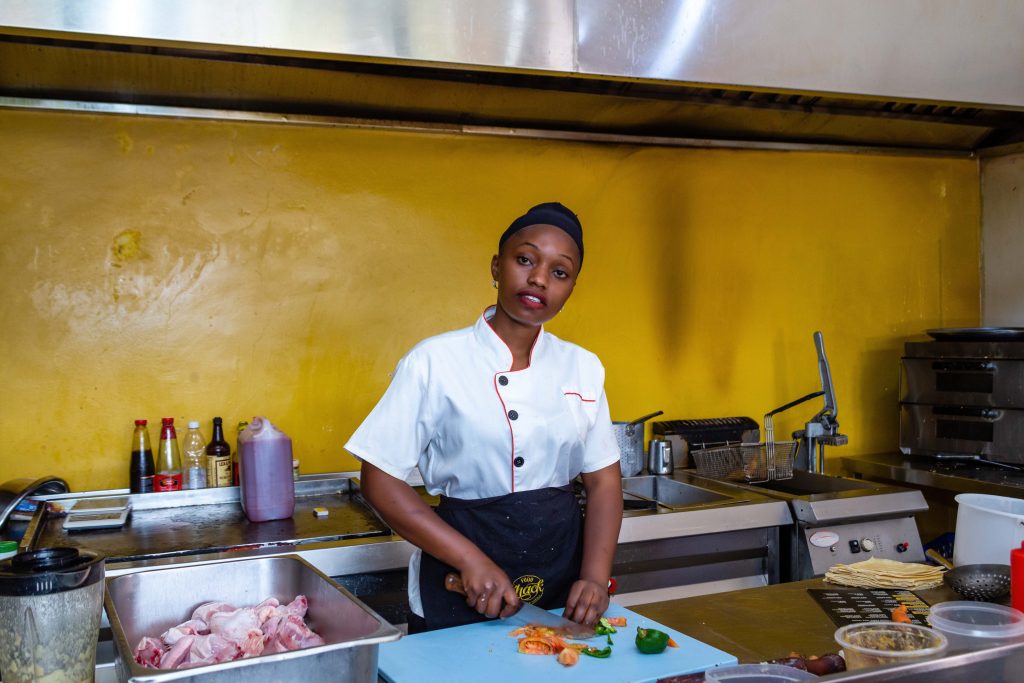
MoMoPay explained.
Stephen Mutana, the Chief Strategy and Stakeholder Officer of MTN MoMo notes that most people initially understood mobile money as a cash-in and cash-out platform. They, therefore, decided to add more value to it by making it more transactional and inclusive through MoMoPay.
“We noticed that people were sending money to pay each other. So, we did some research and found that there was room for businesses to accept digital money. We then launched MTN MoMoPay,” he says.
“There are various ways of paying via MoMoPay. You can input a merchant code into your mobile phone and pay or the shopkeeper puts your number in their device and you receive a prompt to enter your pin and the money is removed. You can also pay using the MTN MoMo APP where you press MoMoPay and scan a QR code before inputting the money billed by the shopkeeper,” he explains.
He however warns customers about rampant online fraud.
“We have seen an increase in online fraud – usually where people use all sorts of social engineering. I want to emphasize that; never share your pin with anyone. Not any bank or MTN MoMo or any other FinTech will ever ask you for that,” he says.
Meanwhile, Adams Kibet, the acting Chief Commercial Officer for MTN MoMo Uganda notes that the convenience that comes with MoMoPay has seen the uptake numbers rise within a few years.
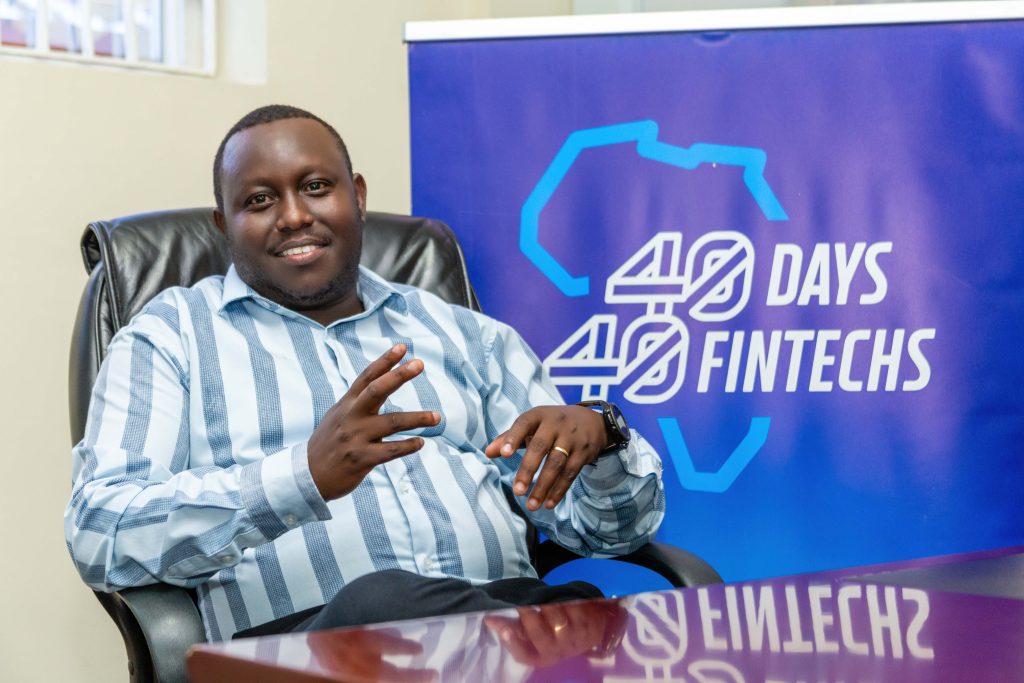
“There are approximately 540,000 customers using MoMoPay on a monthly basis. We have about 275,000 active merchants monthly. We do an average of UGX 140 billion in a month – in terms of the value of transactions through MoMoPay,” he says.
Kibet says that now the focus is on trying to bring more informal merchants such as market vendors, and Boda Boda riders, among others, into the fold.
“Our main focus is to ensure that the money remains within the eco-system. We are driving informal merchants – in that when they collect money from a consumer, they should not cash out the money. We want to drive that cashless ecosystem where we ensure that every informal merchant is mapped to a formal merchant,” he says.
Kibet however acknowledges that the majority of Ugandans are still stuck in the cash economy.
“The biggest elephant in the room is the cash. But with MoMoPay, we have other value proposition advantages that we give to our merchants. We try to train them to understand how risky it is to handle cash and how faster it is for a business person to accept the cashless economy,” he says.
40 Days 40 FinTechs.
MTN is the 36th participant in Season Four of the 40 Days 40 FinTechs initiative organised by HiPipo to highlight innovative solutions changing lives for people at the bottom of the pyramid.
“I got to know 40 Days 40 FinTechs around 2020 and you gave us much hope. What I loved about it is that you are a platform for young FinTechs to come and showcase what it is that they are innovating,” Mutana said.
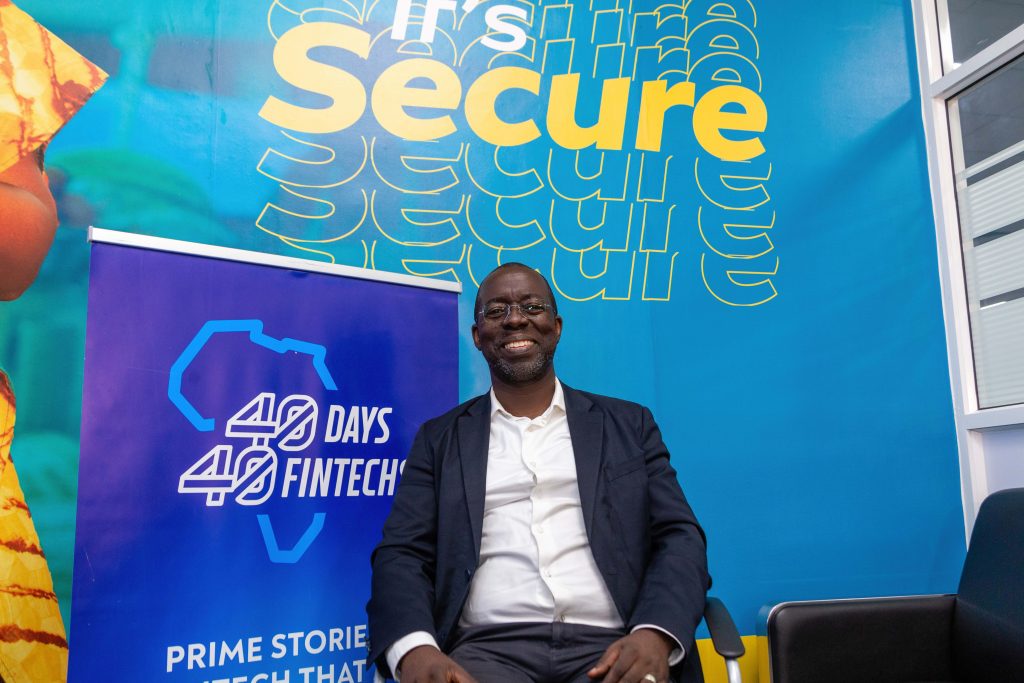
“This is also a platform of reassurance. You bring various stakeholders together to share ideas and experiences. We all need encouragement to know that what we are thinking about is not just an idea in isolation but something that is useful to customers and the economy,” he says.
Mutana also appreciates the initiative for selling the Ugandan brand across the region and beyond.
“We are in one of the best regions in FinTech innovation. Our neighbour Kenya is a world leader and we are very close to Kenya. So, East Africa is seen as a basket or home of FinTech innovation. The 40 days 40 FinTechs initiative helps us to elevate the great work that is going on, the skills that are available in Uganda, and most importantly, the life-changing and impactful contributions by youth, women, and men in our society,” he says.
In the meantime, HiPipo CEO Innocent Kawooya observes that the emergence of groundbreaking innovations from prominent brands like MTN MoMo serves as a promising indication for FinTech startups to explore existing opportunities and devise specialized solutions.
“MoMoPay represents a product nested within another product, highlighting the numerous challenges that can be addressed by FinTech companies when they critically examine society,” Kawooya noted.
Mutana thus called for more frequent engagements that should even involve institutions of learning.
“I know students come to the 40 Days 40 FinTechs event but nothing makes me happier than seeing young minds engage with technology with all the benefits that we can get from it,” he said.
40 Days 40 FinTechs initiative is run by HiPipo in partnership with Level One Project, Mojaloop Foundation, INFITX, Cyberplc Academy, Ideation Corner, and Crosslake Technologies with generous support from the Bill and Melinda Gates Foundation.

